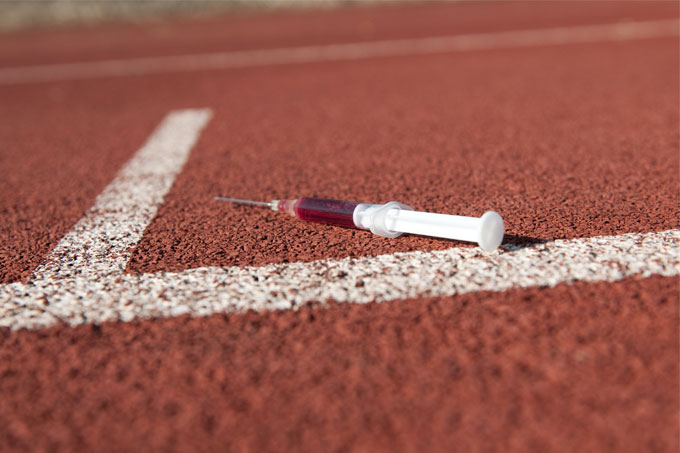Phil Hurst and Professor Chris Beedie explain how the placebo effect could be influencing the use of image and performance enhancing drugs.
The risks associated with the use of image and performance enhancing drugs (IPED), such as anabolic steroids, now affect more people than HIV infection and type 1 diabetes. As a consequence, IPED users are now one of the biggest client group to NHS funded needle and syringe programmes.
Today’s BBC news is testimony of this and demonstrates a culture of people aiming to achieve aesthetically pleasing bodies at the expense of their health.
Twenty years ago, IPED use was not a genuine public health issue but largely associated only with elite sport. But research today suggests that children from as young as ten are experimenting with IPEDS in order to improve their physical appearance.
Research indicates that many users have very little knowledge about the benefits and risks associated with IPEDs. While they may be acutely aware of what dosage and how to specifically use these substances, their understanding of the actual effectiveness of these substances is low. Users will often buy IPEDs online and have little knowledge about what they are actually buying. In fact, around a third of IPEDs do not contain any active ingredients. So a person buying anabolic steroids, may not actually be receiving anabolic steroids and would not receive any benefit from the falsely labelled drug they are purchasing.
However, users often see significant results that can further augment their reason for continuing use. So how does a person see improvements in their physical appearance after taking a drug that has no active ingredient? The answer could lie within the mind of the person using it and their belief that it is effective. This is often referred to as a placebo effect.
Over the past 15 years, researchers at Canterbury Christ Church University have been studying the placebo effect on sports performance. This research has shown that a large proportion of the benefits of drugs are attributed to the placebo effect, and that improvements in performance are often similar in magnitude to what would be expected of the real drug. Most saliently however, a recent study from our team indicated that people who intend to use performance enhancing substances tend to experience the largest effects, even when they take inactive placebos.
In short, our data suggest either that placebo responsive personalities are more drawn towards the use of performance enhancing substances, or that the use of such substances makes people more placebo responsive. Either way, and especially given that research funded by the World Anti-Doping Agency has indicated that benefits from many IPEDs, such as human growth hormone, are a placebo effect, it is not hard to see that many of the apparent effects seen by people taking IPEDs might be placebo effects. However, people are risking their health by taking potentially dangerous, if often ineffective, drugs.
But there are further implications of this research. Specifically, if people become aware of the placebo effect, they may recognise that the associated benefits of IPEDs is something that they might be able to achieve through other, safer, means.
The benefit of many IPEDs are often illusory and, at best, a placebo effect. However, the health and economic effect are almost certainly harmful. As advocated in the BBC news report, health professionals need to be upskilled and provided with credible sources of information and advice to help refrain IPED use.
IPED users informed about the placebo effect, and that it has a significant influence on a drug’s effectiveness, may be less likely to use these substances in the future.
Phil Hurst is a Lecturer Sport and Exercise Psychology and Chris Beedie is a Professor of Applied Sport and Exercise Science in the School of Human and Life Sciences.
 Expert comment
Expert comment Jeanette Earl
Jeanette Earl 645
645


